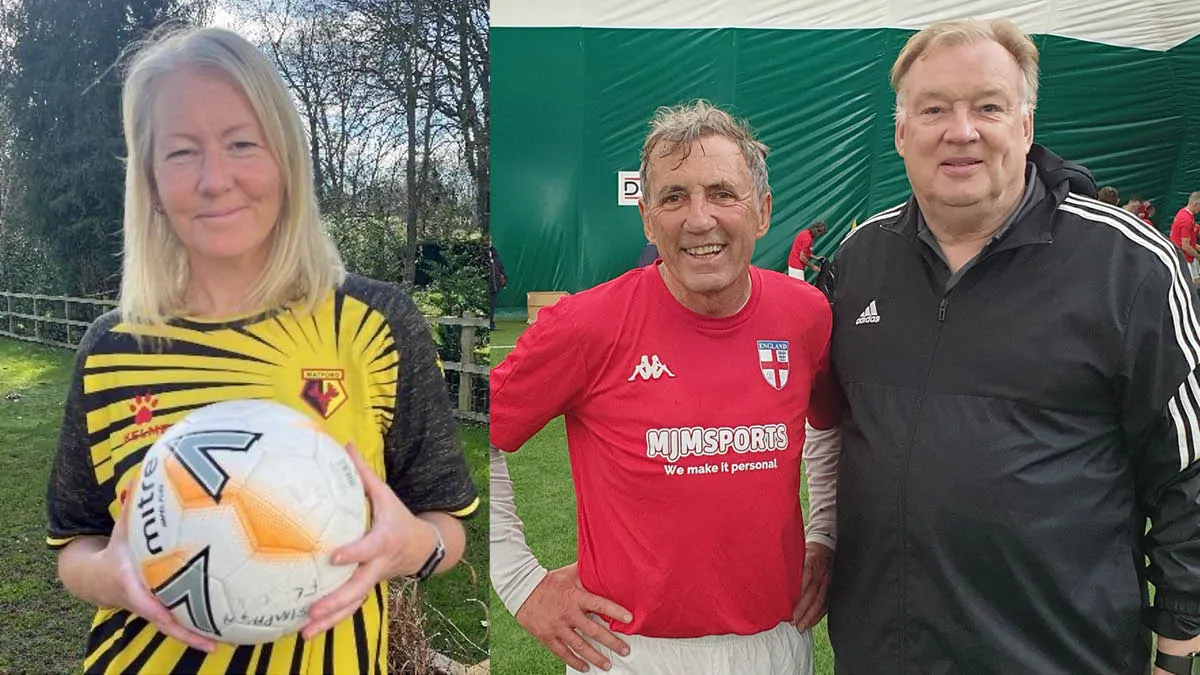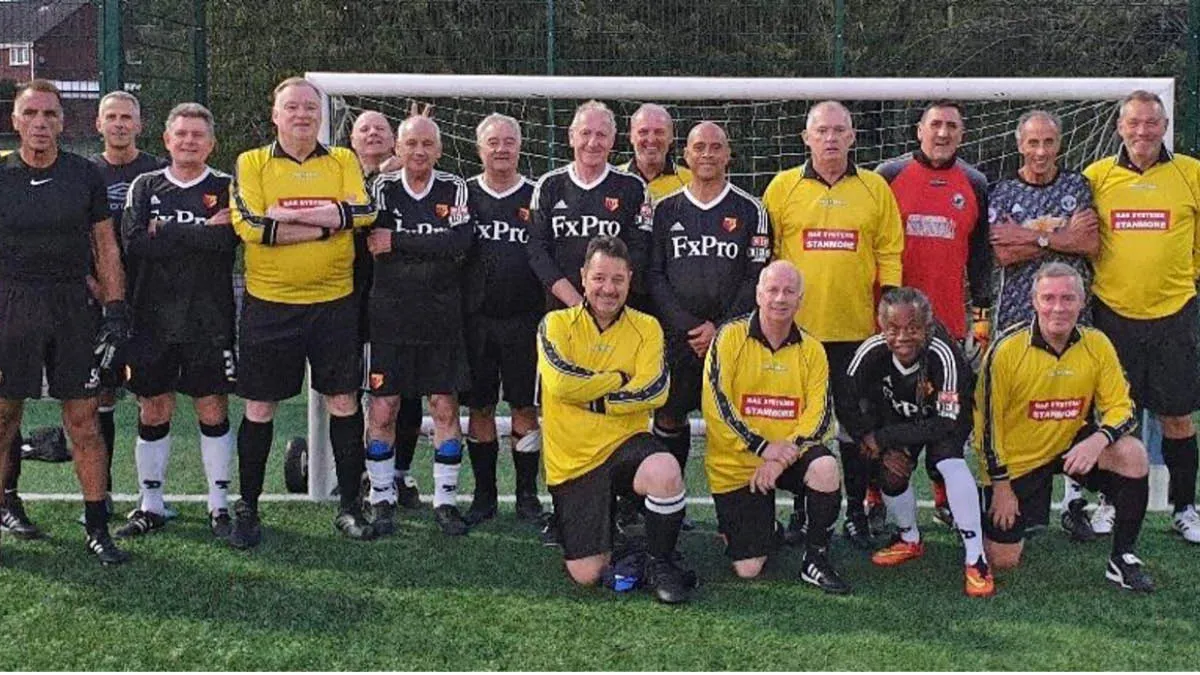- Para proveedores
-
Particulares y familia
- Soluciones para particulares
- Particulares residentes en España
Empresas
- Soluciones para pymes
- Soluciones para grandes empresas
- Empresas en España
OIG/ONG
- Soluciones para OIG/ONG
Particulares y familia
Destinos principales con nuestra cobertura
Seguro de salud para expatriados
- Dentro de Expat Health Hub
- Guía para seguro de salud internacional para jubilados
- Guía para seguro de salud internacional para trabajar en el extranjero
- Información sobre el seguro de salud para expatriados
- Guía para seguro de salud internacional para estudiantes
- Trasladarse al extranjero estando embarazada
Elegir un seguro de salud
- Seguro de viaje frente a Seguro de salud internacional
- Elegir un seguro de salud
Guías de países
- Guías de países
Preguntas frecuentes
- Preguntas frecuentes
Empresas
Prestaciones de salud globales Europa
- Planes de salud para empresas
- Plan de Cigna Inspire
2 - 149 Empleados
- Planes de salud internacionales
Grandes empresas
- Planes de salud para empresas
Recursos para asegurados
- Documentación e información
- Lista de fármacos con prescripción de los EE. UU.
Cliente
- Área de empresas
OIG/ONG y Gobiernos
Funcionarios públicos
- Funcionarios públicos
Recursos para asegurados
- Preguntas frecuentes
- Cigna Health Benefits App
- Información del producto del seguro
Cliente
- Área de empresas
Temas
Particulares y familia
-
Tipos de cobertura
-
Dónde tenemos cobertura
-
Recursos
- Dentro de Expat Health Hub
- Guía para seguro de salud internacional para jubilados
- Guía para seguro de salud internacional para trabajar en el extranjero
- Información sobre el seguro de salud para expatriados
- Guía para seguro de salud internacional para estudiantes
- Trasladarse al extranjero estando embarazada
- Seguro de viaje frente a Seguro de salud internacional
- Elegir un seguro de salud
- Guías de países
- Preguntas frecuentes
-
Para asegurados
Empresas
OIG/ONG y Gobiernos
Blog
Para corredores de seguros
What is walking football?
What is walking football?
For many people, once you reach your elder years and can’t play your favourite sport at the same fast pace, it’s time to hang up the boots. But, with 70% of people over 70 predicted to develop cardiovascular disease, it could be time to get back out on the grass and stay healthy with a game of walking football.
What is walking football?
As you would imagine, walking football is very similar to the game we all know and love, but without the running. In this six-a side version players must ‘walk’ on and off the ball, although it’s not as slow as you might think. Walking football has its own set of skills. You can ‘walk’ as fast you like, as long as one foot is in contact with the ground at all times. The other key difference is that it’s a non-contact sport. From the outset, walking football has had safety at the top of the list, so crunching slide tackles are reserved for 11-a-side.
Where did it come from?
The game was devised in 2011 by John Croot as a way of keeping the older generation involved in football and improve their health. The sport went mainstream in 2014 after Barclays used it in an advert in the UK – it was thought to be a joke at the time.
Is walking football popular?
Very much so. By 2016 there were 800 registered clubs in the UK, and now there are over 1.100 clubs with over 40.000 regular players and multiple walking football leagues. More than 11 million people (18,6% of the population) are now aged 65 and older in England and Wales, more than ever before, so it’s no surprise the number of participants are increasing. The sport has gone global in the past decade - it is now played in over 55 countries, from Australia to Morocco to Uruguay, with hundreds of thousands of participants worldwide. In fact, the game has become so popular that the first ever Walking Football World Cup will be taking place in Derby this year.

But it’s for men, right?
That may have been true in the past, but definitely not now. “I think with older generations it's more natural for men to have played at school,” says Holly Small, who plays at a number of walking football clubs including Watford and Cheshunt. “Women that have never played before our age, to suddenly learn how to play walking football and feel comfortable on the ball isn’t easy. I've also started playing for a women's squad up at Cheshunt, which is probably the biggest women's squad in the country for walking football. There's over 50 registered players. It's just a safe space for the ladies to go along. In female sport particularly there is a strong gay culture, and there's been a quite a few ladies that have come out. These ladies have been in relationships with men and come out in their 40s or 50s, but because in that environment its quite normal that’s been a help to them and made them feel comfortable. People suddenly feel that actually they're not alone.”
It's also great for socialising.
The opportunity to socialise and make new friends that walking football facilitates is really important, especially for those in their elder years. According to Age UK more than a million older people say they go over a month without speaking to a friend, neighbour or family member, so this network is vital.
The benefits of walking football
Firstly, walking football is a low-impact sport. It’s easy on the joints, allowing people to take part without the soreness of a full-blown 11-a-side game. It also means people of all ages and fitness levels are able to take part, the slower pace making it accessible to a much wider audience. Additionally, it offers a way for people to boost their health and well-being, aiding in weight-loss and lowering the risk of cardiovascular disease. Walking football has been associated with helping to reduce the risk of developing chronic diseases such as obesity, heart disease, and type 2 diabetes by keeping people active. “For me, it's been a massive physical health booster,” says Holly. “I recently had a full medical and my readings now are better than before I was playing, over six years ago. So I turned 50 in October, and now my metabolic age is 30.”

Anything else I need to know?
The walking football community is very supportive of other health concerns too. “Obviously, for me and the ladies I play with we're around menopausal age and there's a lot of challenges with that,” reveals Holly. “There's quite a few going through the worst of the menopause now and there's a few of us that have come out of the other side. So we can recommend different supplements or techniques or whatever, and it’s just a great support mechanism.” There is also a focus on health issues for men, specifically prostate cancer. “The WFA are partners with Prostate UK, so that's something that gets talked about a lot,” says Jonathan. “Unfortunately, we've had a number of players who have had prostate issues, and we've been able to put together people who have experienced that themselves together to help them and guide them through the decisions that they have to make.”
How do I get involved?
With so much walking football worldwide, it is easy to get involved by simply contacting your local club or through your national association. The Federation of International Walking Football Associations (FIWFA) was founded with just five members (England, Italy, Wales, Guernsey, Hong Kong), but now there are 24 members, from India to the Basque Country to Rwanda. If there’s no club near you, perhaps it’s a sign to start your own.
¿Necesitas ayuda para elegir un plan?
If you need expat health insurance alongside your travel insurance, we have options to suit your needs and budget.
Artículos relacionados
@Cigna 2025
This article serves only as a reference and is intended for informational purposes only. Nothing in this article constitutes legal, tax, financial planning, health or medical advice including diagnosis or treatment. Any reference to products or services offered by Cigna are available except where prohibited by applicable law and subject to terms and conditions. Cigna have no involvement in, nor are we liable for, any decisions and/or outcomes that are made or determined by FocusPoint International.
Contacta con nosotros
Tanto si quieres hablar con nuestro equipo comercial como si ya eres asegurado de Cigna y necesitas ayuda, estamos aquí para todo lo que necesites.
Información de contactoEnlaces populares
Recursos
© 2025 Cigna Healthcare. Todos los derechos reservados.
* Ten en cuenta que esto es una representación de las prestaciones disponibles y no contiene los términos, condiciones y exclusiones específicos de cada prestación. Las prestaciones pueden estar sujetas a cambios. Algunas prestaciones pueden formar parte de un módulo opcional. Consulta la Guía del cliente para obtener todos los detalles.
Este sitio web está proporcionado por Cigna European Services (UK) Limited, una compañía registrada en Inglaterra y Gales con domicilio social en 13th Floor, 5 Aldermanbury Square, Londres EC2V 7HR y número de registro 00199739. El nombre y el logotipo de Cigna Healthcare, así como otras marcas de Cigna Healthcare, son propiedad de Cigna Intellectual Property, Inc., con licencia de uso de The Cigna Group y sus filiales.
Al seleccionar estos enlaces, saldrás de Cignaglobal.com. Cigna Healthcare no controla el contenido ni los enlaces de los sitios enlazados.

